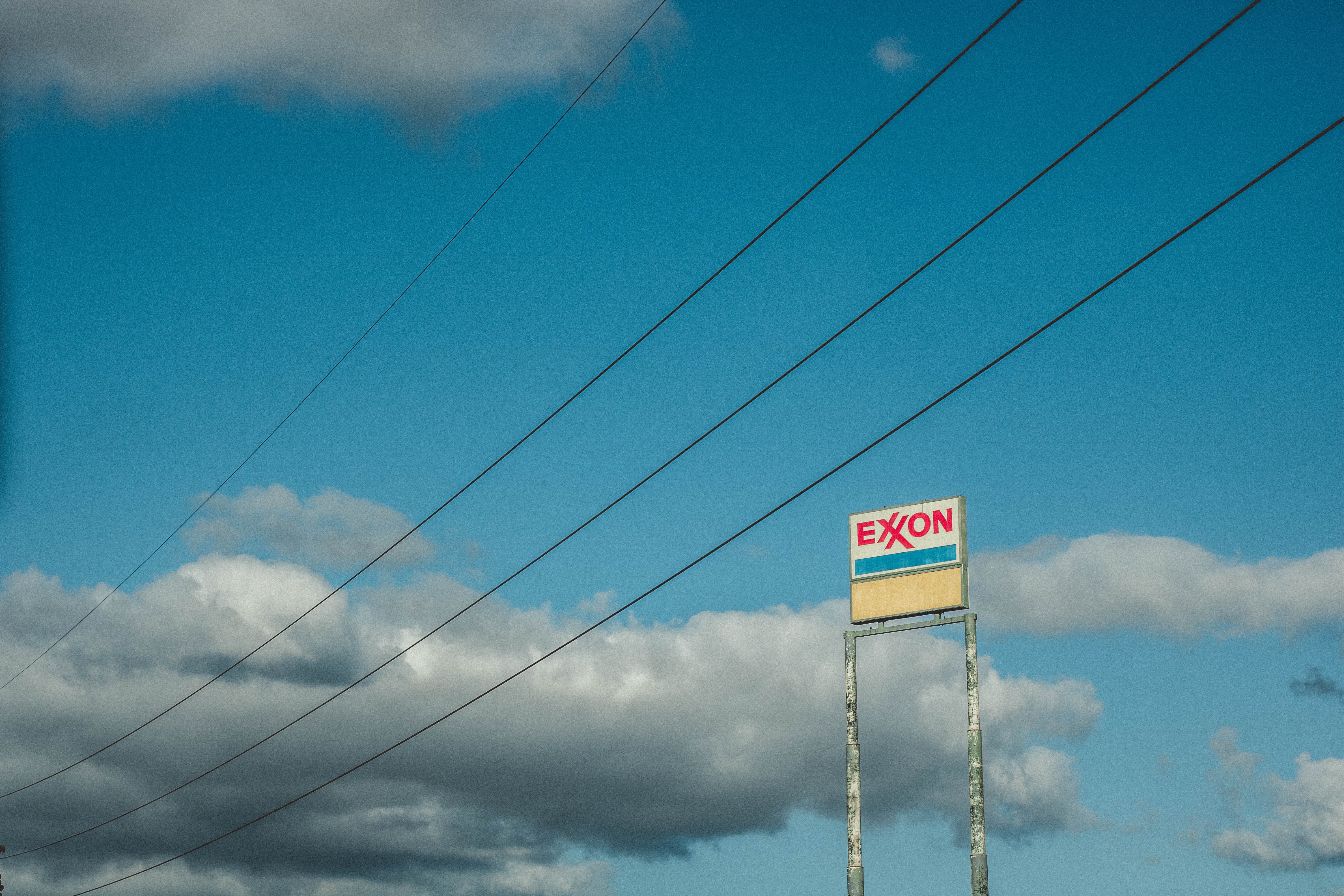BP
In 2020, BP set an “ambition” to reach net-zero carbon emissions by 2050, but the pledge has some major carve-outs that make it functionally meaningless. The company’s calculation excludes “more than 40 percent of its oil production and 15 percent of the gas” and all of the oil and gas extracted by other companies that is processed and resold by BP.
Shell
Shell set a public target of net-zero emissions by 2050, but the company has no plans to phase out natural gas extraction and continues to insist that natural gas is “vital to building a sustainable energy future, especially in power generation,” despite the high risk of methane emissions during the natural gas extraction process—a pollution source recently found to be 25 to 40 percent larger than previously thought.
But even that woefully insufficient plan is an overstatement of Shell’s real trajectory: a recent report found that Shell is on track to miss its own pollution reduction targets after 2022. The company has so grossly overstated its moves to reduce carbon pollution that a Netherlands watchdog directed Shell to pull ads it was running on its carbon neutrality program because they were misleading.
Exxon
Though Exxon has faced recent shareholder pressure to act on climate, the company has not set a goal to reach net-zero emissions by 2050, even as that target has become commonplace among its peers in the industry. Exxon’s current climate pledge focuses on the carbon intensity of its operations, rather than its net emissions, meaning that the company’s climate plan would actually allow it to increase its carbon footprint over time. This type of pledge amounts to little more than a useful talking point for Exxon executives on climate action, even as the company remains committed to expanding oil and gas production.
Chevron
Unlike its peers that have set an explicit target of reaching net-zero emissions in the coming decades, Chevron recently set an “aspiration” to reach net-zero emissions by 2050. But even that flimsy non-commitment rings hollow when you take into account the fact that only .2% percent of Chevron's capital expenditures between 2010-2018 were in low carbon energy sources, and the company’s net production of high-carbon sources including crude oil, natural gas, and oil-equivalent all increased in 2019 compared to previous years.
U.S. Chamber of Commerce
In 2019, a decade after its flagrant climate denial led to an exodus of high-profile corporate members, the U.S. Chamber of Commerce convened its first-ever climate task force. More than a year later, the Chamber finally adopted a limited suite of climate policy goals that had already been endorsed by the fossil fuel industry, including carbon pricing. But as previously noted, sources within the fossil fuel industry have been crystal clear that they do not believe a price on carbon is actually politically viable and that the position is just a convenient talking point to deflect criticisms over opposing climate action policies.
American Petroleum Institute
API has played a key role in laundering the reputations of its member companies by lobbying behind the scenes to block the climate policies that its members claim to support. In 2020, API launched “Energy for Progress,” a massive PR campaign that portrayed fossil fuel companies as heros in the fight to defeat the climate crisis—even while it was actively opposing climate action efforts in states across the country. More recently, API has endorsed a new set of climate policies, including a carbon tax which industry lobbyist Keith McCoy described as a convenient “talking point” to misdirect from more viable climate action policies.
